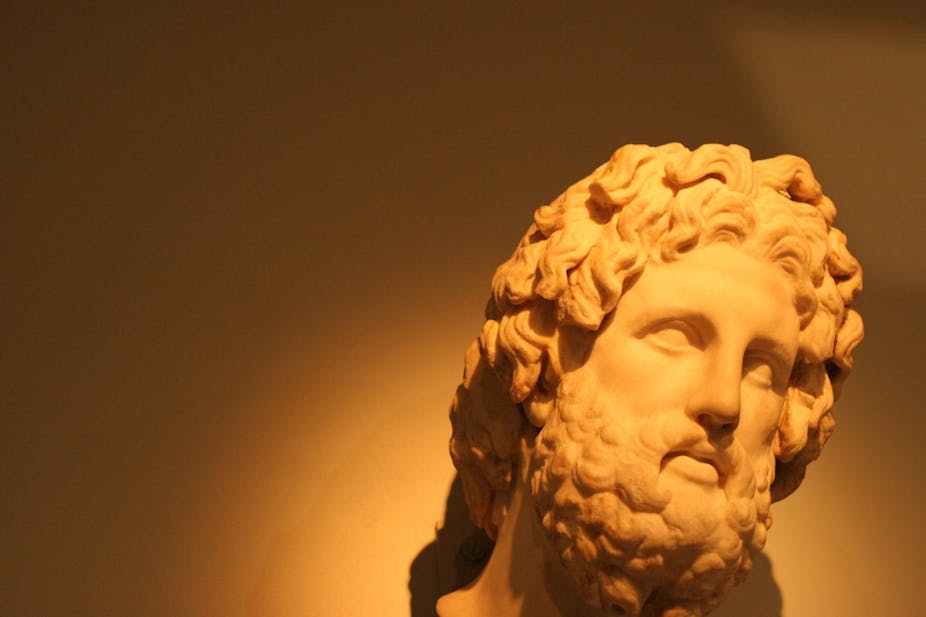Our world is built on ideas. We have ideas about how science should be conducted, how a liberal society should defend itself, how discussion is better than conflict, how far toleration should be extended. We have ideas about which voices are authoritative, what rights we have, how laws should be made, or where liberty ends or injustice begins. These ideas have a historical pedigree, and took their modern shape from the time of the scientific revolution in the 17th century, through the Enlightenment and down to the present.
Children appreciate this, sometimes better than adults. People who teach philosophy in schools almost always report the enthusiasm with which children will enter the discussion of important ideas, and the ways in which practice at reflecting on them and discussing them improves their general outlook, their behaviour, and their approach to disagreement or potential conflict.
Learning that disagreement can be negotiated, that your first thoughts are very often not your best thoughts, that the voices of others need not be hostile and contemptuous but friendly and collaborative, is one of the most important elements of any civilised education.
Students can currently sit an AS Level or A Level in philosophy, and the GCSE Religious Studies course includes components of philosophy and ethics within its modules. But there is no distinct GCSE in philosophy. We should introduce one.
A questioning mind
Philosophy teaches its students to become thoughtful and reflective, and so to know themselves better. By so doing it opens them up to being careful about their own ideas and habits of thought. It is a matter of opening the questioning mind, taking charge of ideas, rather than being enslaved by them.
Philosophical practice centres upon these virtues. It shows students not results, but processes. It gives them an attitude to difficult problems, as well as a set of analytic tools for approaching them. It alerts them to the enemies of ideas: dogma, spin, unclarity, complacency, or simple ignorance of alternatives.
It gives them dispositions of mind that will remain with them long after they have forgotten the periodic table or the dates of the battles of the Hundred Years’ War, or how to solve quadratic equations or why anyone would ever want to do so.
Because the processes of philosophy are ones of active engagement, rather than passive absorption, the growing child is given a sense of control and participation. He or she is not a vessel into which facts are poured, but a participant in their own self-fashioning. This has been known since the ancient Greeks. Socrates’s auditors were not told things, but drawn into discovering them for themselves, and the Socratic method is still the educator’s primary tool.
Fortunately there has never been a better time to enter into philosophy. Whereas 50 years ago it had a withdrawn image, not readily understood even by teachers in neighbouring disciplines, today there are many resources aimed at working people into the culture and the habits of mind that it engenders. There are podcasts and videos of excellent lecturers, and many books that are accessible to any interested student.
Enemies of education
So where does the opposition to introducing philosophy into the curriculum at GCSE level come from? The people who are afraid of the open discussion of ideas are primarily those who are nervous whether their own faiths and dogmas will not survive scrutiny, and do not want the discomfort of finding that out. But such people are not really interested in one kind of education rather than another. They are the unimaginative forces of reaction and complacency – the enemies of education.

When Francisco Goya drew his grim pictures of human folly and madness he inscribed the motto “The Sleep of Reason produces Monsters”. The world needs reason as much or more than it has ever done. People need values, and they need to know how to defend them, not with bombs and guns but with discussion and reason. The issue ought not to be just whether there is a philosophy GCSE, but whether it ought to be compulsory that philosophy is woven into the education of every child.
Next read: Sorry minister but philistinism is not an educational policy

